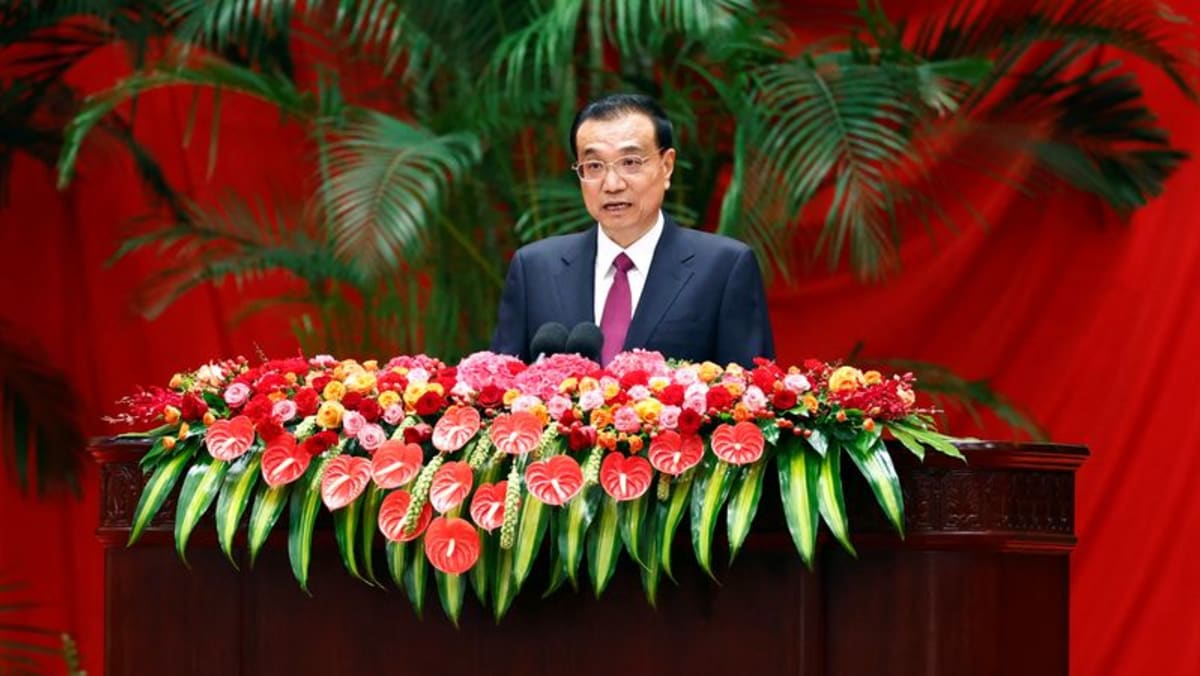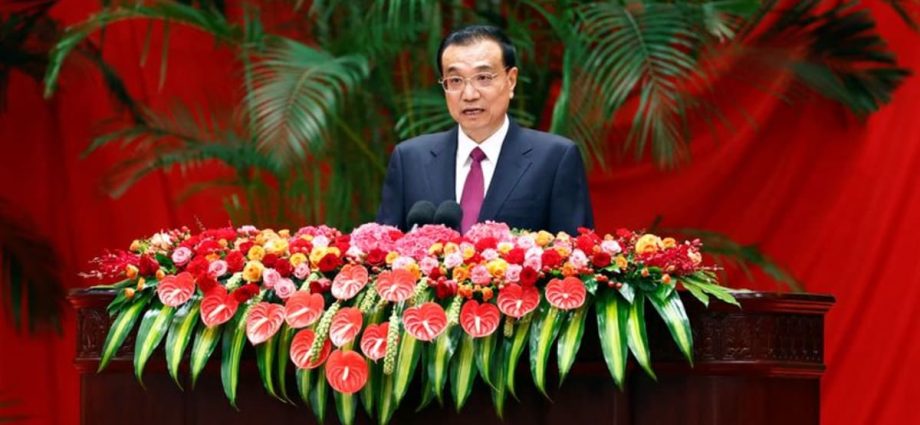
REFORMIST FACTION WANED
Retired Chinese leaders typically keep a low profile. Li was last seen in public during an August private tour of the Mogao Grottoes, a tourist attraction in northwest China. Social media videos showed him in good spirits, walking upstairs unaided and waving to excited crowds. Reuters could not independently verify the footage.
Li was born in Anhui province in eastern China, a poor farming area where his father was an official and where he was sent to toil in the fields during the Cultural Revolution.
While studying law at the prestigious Peking University, Li befriended ardent pro-democracy advocates, some of whom would become outright challengers to party control.
The confident English speaker was immersed in the intellectual and political ferment of the decade of reform under then-paramount leader Deng Xiaoping. That period ended in the 1989 pro-democracy Tiananmen Square protests that the military crushed.
After graduation, he joined the Communist Party’s Youth League, then a reformist-tinged ladder to higher office.
He rose in the Youth League while completing a master’s degree in law and then an economics doctorate under Professor Li Yining, a well-known advocate of market reforms.
Li’s political experience as a provincial leader in Henan, a poor and restless rural belt of central China, was marred by accusation of cracking down after an AIDS scandal. He also served as party chief of Liaoning, a rustbelt province striving to attract investment and reinvent itself as a modern industrial heartland.
His patron was Hu Jintao, a former president from a political faction loosely based around the Youth League. After Xi took over as party chief in 2012, he took steps to break up the Youth League faction.
Li was also praised for helping to steer the country through the global financial crisis relatively unscathed.
But his time in office saw a dramatic shift in power in China from the more consensus-based rule associated with Hu and his predecessors, to the more concentrated power of Xi.
The appointment of Xi ally Li Qiang – former Shanghai party boss – as premier this year was seen as a sign that Li Keqiang’s reformist agenda had fallen by the wayside, as Beijing tightens its grip over its slowing economy.
Li is survived by his wife Cheng Hong, a professor of English, and their daughter.

